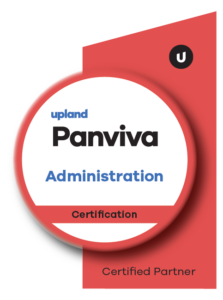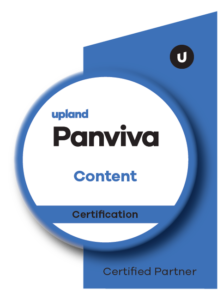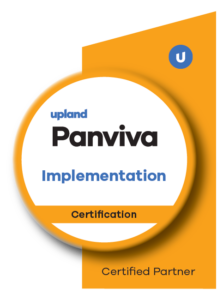For non-profits seeking to maximize their budgets, investing in a full-fledged proprietary knowledge management system may not seem viable at first. Thankfully, through the innovative use of affordable SaaS tools integrated thoughtfully, organizations can take an incremental approach over time without overextending strained resources.
The key lies in adapting free and low-cost everyday solutions most staff already use and structuring programs and incentives around them to nurture a knowledge-sharing culture focused on reducing redundancies.
Here are some budget optimization ideas to consider:
- Tap into existing tools such as shared drives, intranet platforms, or public portals used internally for storing documents to also incorporate wikis, discussion forums, and document libraries.
- Train managers to actively capture departing team members’ experiential insights through oral history interviews and exit questionnaires to feed into the knowledge base.
- Institute peer interview panels allow staff to organically exchange valuable institutional understandings and career advice along with HR.
- Develop alumni networks via LinkedIn to continue accessing separated employees’ expertise on an informal basis.
- Repurpose public web conferences and online course tools staff likely already access for internal mentoring and training sessions to minimize new tool adoption learning curves.
With an incremental, integrated approach, knowledge management can be extremely budget-friendly. The key is opting for intuitive everyday solutions collaboratively implemented in ways customized for preserving institutional understandings and know-how. The system then organically evolves based on evolving information access habits and organizational needs.














